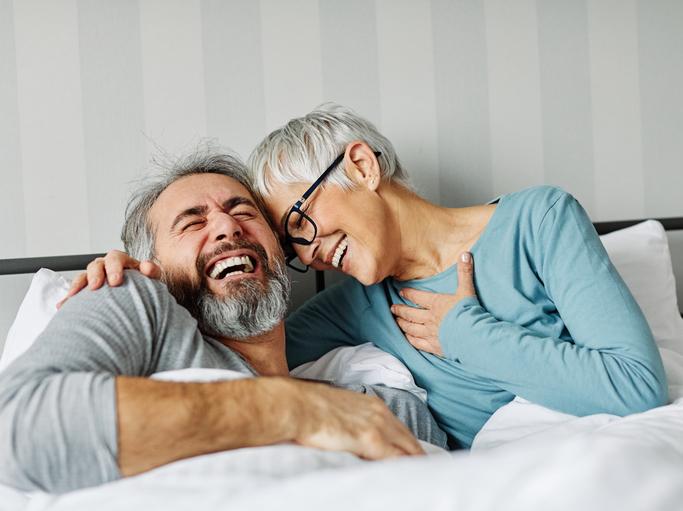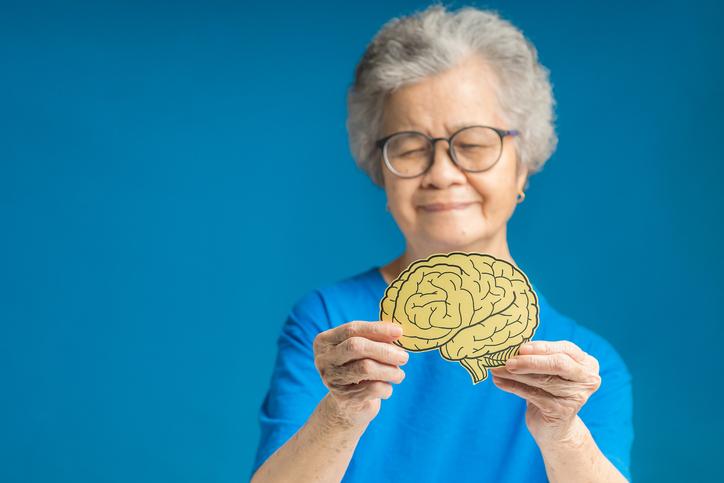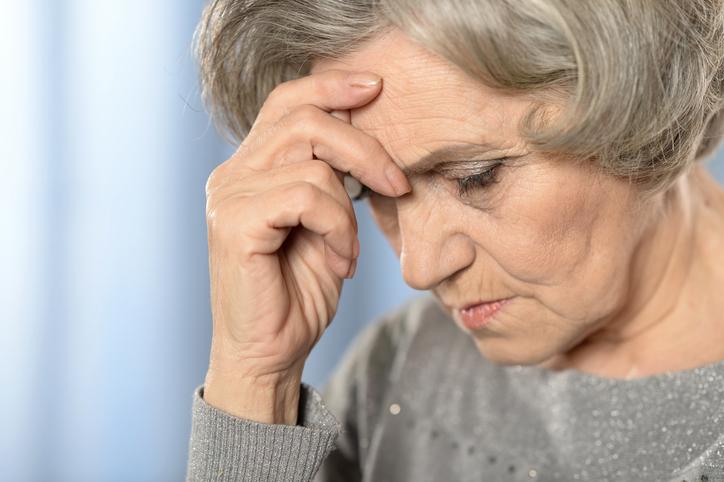5 декабря 2022
Essential Oils — Main Issues


5 декабря 2022
Essential Oils — Main Issues
## How essential oils work
Essential oil molecules enter the body in two ways: through the skin (massage, bath) and through the lungs. The key role in aromatherapy is played by the inhalation of oil vapors. Their molecules go from the olfactory receptors directly to the brain, affect the psycho-emotional center, and have an autonomic effect.
Essential oils do not fight a specific problem, but have a complex effect on the whole body, stimulating and supporting its defensive reactions.
## What to do with them
To benefit from an essential oil, you need to use it correctly. Keep in mind that essential oils are concentrated and can cause irritation. Therefore, do not apply them in their pure form to the skin.
__Aromatherapy accessories__. Put essential oil on a bracelet or keychain made of absorbent materials and sniff it throughout the day.
__Inhalation__. Drop a few drops of essential oil into a bowl of hot water. Lean over it, cover your head with a towel and inhale the steam.
__Body oil__. Add essential oil to a base oil: olive, jojoba, or coconut oil, which is rubbed into the skin.
__Diffuser__. Mix essential oils and water in a special diffuser and turn it on. The diffuser will begin to disperse tiny oil particles around the room, spreading the scent, or you can use pre-made scent sticks.
> Children, immune-compromised people, pregnant women, and the elderly may be contraindicated with essential oils. In addition, they can cause allergies, especially oregano, cinnamon bark, jasmine, lemongrass, ylang-ylang, chamomile, and bergamot oils.
## What effect to expect
__Lavender oil:__ relaxes, improves sleep, and relieves stress. Often used in the production of bath salts.
__Tea tree oil:__ has antiseptic, antimicrobial, and antifungal properties. Helps with colds, acne, and insect bites.
__Frankincense oil:__ eliminates inflammation, and improves mood and sleep. Studies have shown that it helps with asthma and prevents gum disease.
__Peppermint oil:__ has anti-inflammatory, antifungal, and antimicrobial effects, relieves headaches, fights fatigue, improves mood, reduces intestinal spasms, and improves digestion and memory.
__Eucalyptus oil:__ indispensable in the cold season. Helps with a stuffy nose, makes breathing easier, and fights the herpes simplex virus thanks to its antimicrobial and anti-inflammatory properties.
__Lemon oil:__ kills bacteria, improves mood, and reduces anxiety, depression, pain, and nausea.
__Lemongrass oil:__ eliminates stress, anxiety, and depression. It has antibacterial properties. A study showed that the use of lemongrass oil helps to reduce blood sugar levels in people with type 2 diabetes.
__Orange oil:__ has antibacterial properties, improves mood and reduces anxiety and pain. Can make skin more sensitive to sunlight.
__Rosemary oil:__ improves brain function, stimulates hair growth, reduces pain and inflammation of joints, eliminates stress, and elevates mood.
__Bergamot oil:__ lowers blood pressure, eliminates anxiety, and elevates mood.
__Cedar oil:__ has antioxidant and antibacterial properties, and is often added to insect repellents, shampoos, and deodorants with a woody fragrance. It helps with insomnia and anxiety.
> The high price of essential oil explains the number of raw materials needed to produce it. For example, to get 1 liter of lavender essential oil, 230 kilograms of flowers are needed, while 1 liter of rose oil requires 5 tons of rose petals.
## How to choose
- Study the label. It should contain the Latin name of the plant, data on the purity of the oil (whether other ingredients have been added), and the country in which the plant was grown.
- Purchase from reputable companies.
- Choose dark-colored glass containers. Pure essential oils are highly concentrated. Over time, they can dissolve the plastic bottles and cause the oil to spoil.
- Avoid "fragrance oils," as they contain chemical components. Choose a bottle with one essential oil in pure form without any other fillers.













